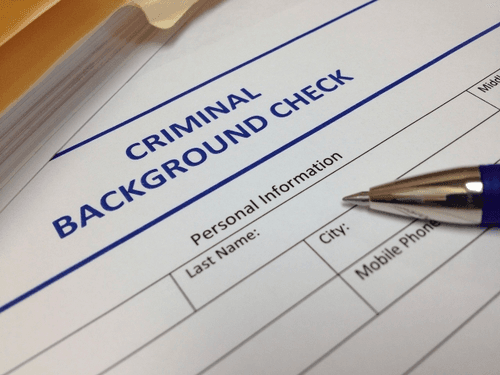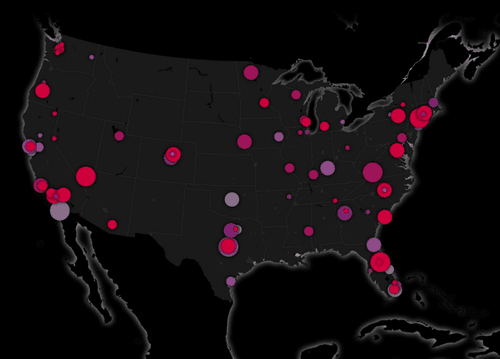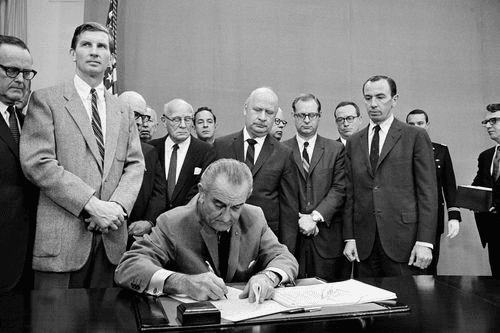Gun Control Act
Following several high-profile assassinations, Congress enacted the Gun Control Act of 1968. However, it later rolled back some of these restrictions in 1986.
In the three decades following the passage of the FFA, Congress enacted virtually no substantial gun legislation. However, when Congress acted again on the issue, it did so in a big way. Prompted by the high-profile assassinations of President John F. Kennedy, his brother Senator Robert Kennedy, and civil rights activist Martin Luther King Jr., Congress passed the most comprehensive gun legislation at that time: the Gun Control Act of 1968 (GCA). The GCA was a landmark law, superseding the FFA while updating existing gun regulations. Primarily, it broadened the categories of “prohibited persons” and kinds of regulated firearms. A key provision of the Gun Control Act was a federal definition for private sellers, who are not required to perform background checks. The GCA defined private sellers as individuals that sold four or fewer guns each year. However, in 1986, the Firearms Owners Protection Act (FOPA) amended this definition to refer to those who do not rely on gun sales as their primary source of income. FOPA has become a hotly debated issue in recent years, as it greatly expanded who qualifies as a private seller and thus does not need to perform a background check.
Current Events

Background Checks

